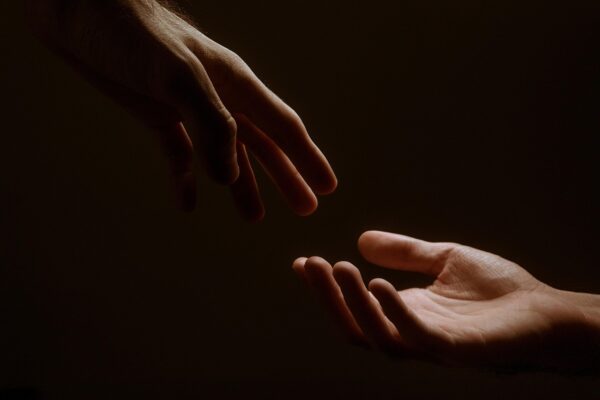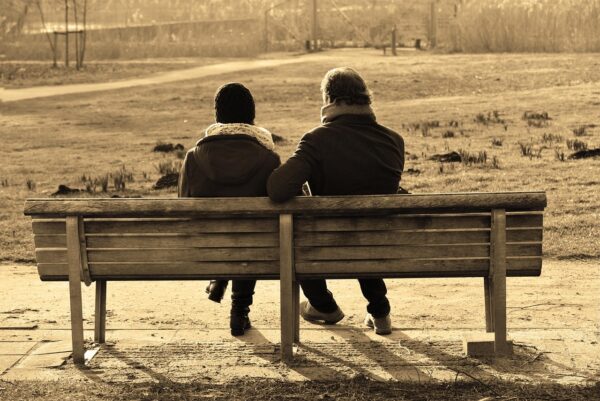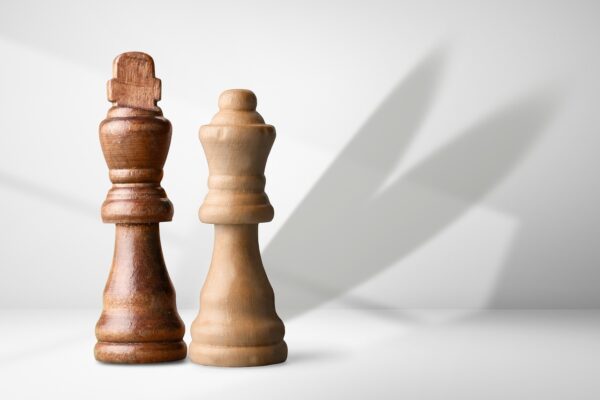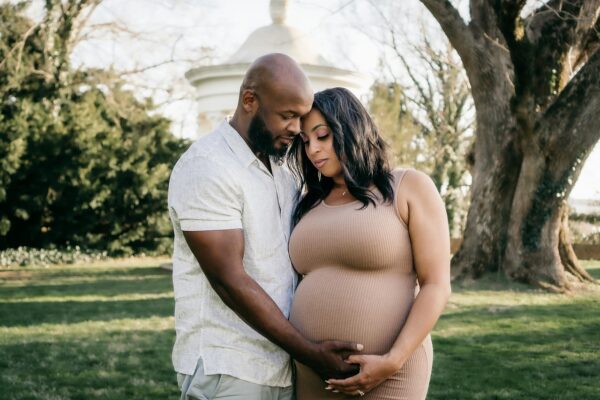Beyond Shared Netflix: Radical Relationship Goal Setting
Relationships, the cornerstone of human connection, are journeys filled with shared experiences, growth, and unwavering support. But simply being in a relationship isn’t enough. Cultivating a thriving and fulfilling partnership requires conscious effort and shared aspirations. Setting relationship goals, whether you’re newly dating or have been together for decades, provides a roadmap to navigate the […]
Subtle Erosion: Unseen Toxic Signs In Relationships
Navigating the complexities of relationships can be challenging, and sometimes, what starts as love and connection can morph into something unhealthy. Recognizing the signs of a toxic relationship is crucial for your emotional well-being and overall happiness. This post will delve into key indicators of toxic relationship dynamics, providing you with the knowledge to identify […]
Beyond The Bouquet: Conscious Connection In Relationships
Crafting a fulfilling and lasting relationship is a journey, not a destination. It requires intention, effort, and a clear understanding of what you and your partner both desire. Relationship goals provide that roadmap, guiding you toward a stronger, more connected, and ultimately, more satisfying partnership. This post will explore key areas for setting relationship goals, […]
Decoding Her Signals: A Mans Guide
Navigating the world of relationships can feel like traversing a complex maze, especially for men. Building a strong, fulfilling connection requires more than just attraction; it demands understanding, communication, and a willingness to grow. This guide provides practical relationship advice tailored for men, offering insights and strategies to help you build and maintain a healthy […]
The Ethical Exit: Navigating Breakups With Dignity
Ending a relationship is rarely easy. It’s a decision often fraught with emotions, uncertainty, and the potential for pain, not just for you but also for your partner. However, staying in a relationship that no longer serves you or your partner can be even more damaging in the long run. This guide provides a roadmap […]
Rejection Reset: Embracing Feedback, Fueling Forward Motion
Rejection. It’s a word that can send shivers down the spine, conjure feelings of inadequacy, and halt even the most ambitious dreams in their tracks. Whether it’s a job application, a creative endeavor, a business proposal, or even a romantic pursuit, facing rejection is an unavoidable part of life. But here’s the truth: rejection doesn’t […]
Beyond Shared Netflix: Designing Intentional Relationship Goals
Setting relationship goals can feel like plotting a course through uncharted waters, but it’s essential for building a strong, fulfilling partnership. Without a shared vision, couples can drift apart, leading to dissatisfaction and conflict. Defining your relationship goals provides direction, strengthens your bond, and helps you navigate challenges together. This guide will help you identify […]
Decoding Desire: Subtly Effective Flirting Techniques
The art of flirting – a delicate dance of subtle cues, playful banter, and genuine connection. It’s more than just cheesy pick-up lines; it’s about expressing interest and creating a spark. Whether you’re hoping to ignite a new romance or simply build rapport, mastering the nuances of flirting can significantly enhance your social interactions. This […]
Rewriting The Script: Dating After 40s Unexpected Act II
Dating in your 40s can feel like navigating a whole new world compared to dating in your 20s or 30s. The landscape has changed, you’ve changed, and your priorities have likely shifted. Whether you’re recently divorced, widowed, or simply haven’t found “the one” yet, remember you’re not alone. Many people in their 40s are actively […]









